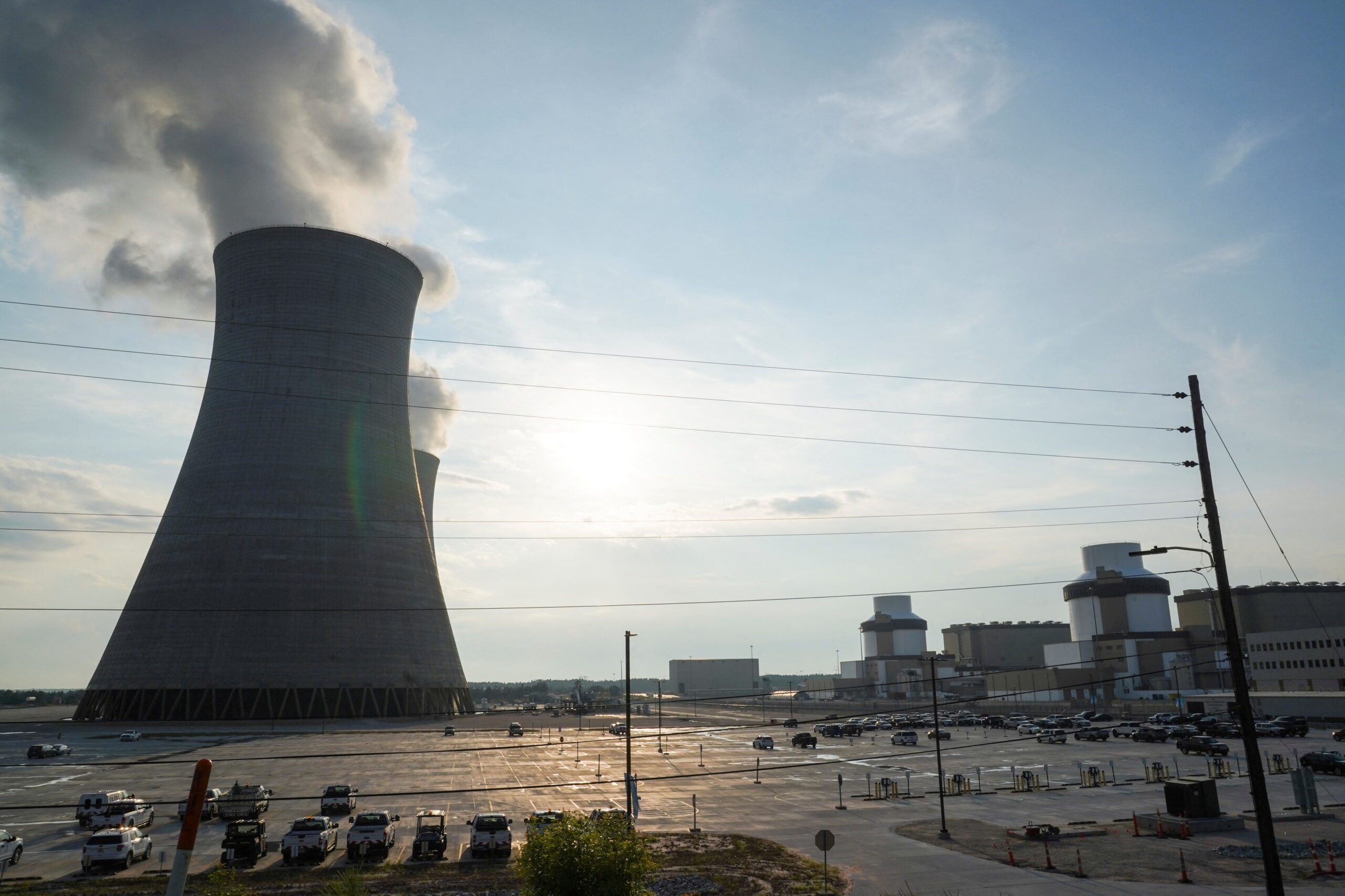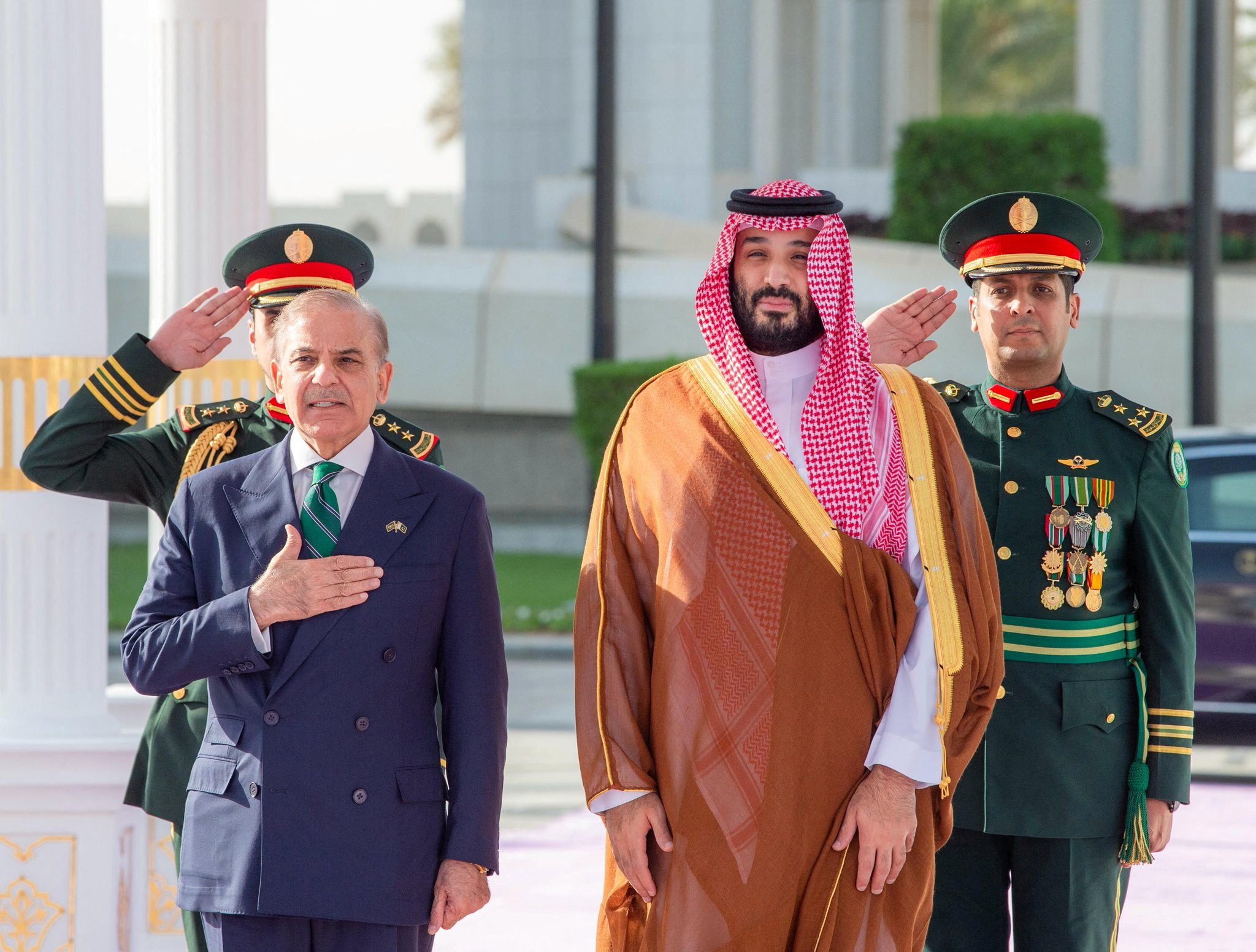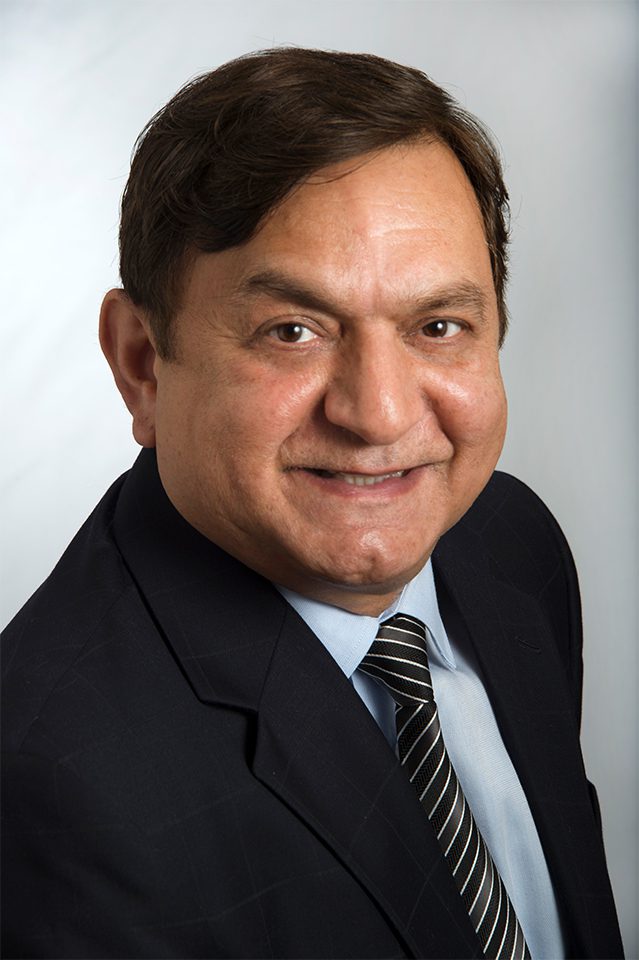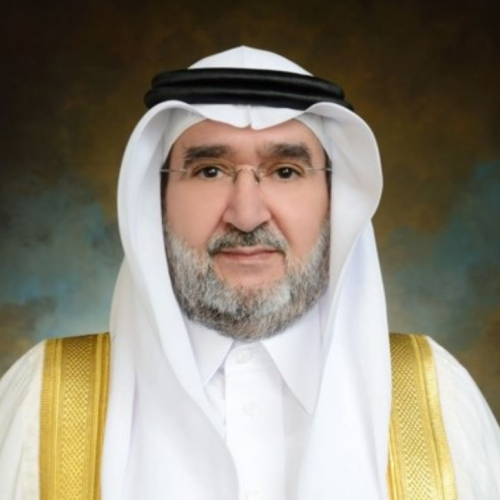One can readily understand why Saudi Arabia suspended a $3 billion (Dh11bn) aid package for the Lebanese Armed Forces to purchase French weapons, and cancelled outright an additional $1 billion in support for Lebanese internal security.
But if no alternative or additional means are found to bolster Riyadh’s allies in Lebanon, the move could prove problematic.
The essential background is the growing power of Hizbollah. The pro-Iranian Shiite group has long exercised major influence and operated an effective state within a state in large parts of the country. With strong Iranian support and direction, it built a powerful independent military and developed what amounts to an independent foreign policy, most dramatically illustrated by several protracted conflicts with Israel.
Hizbollah entered these major battles without consulting the other Lebanese, who found themselves paying heavy costs for decisions made, not by the national government but by a sectarian party and their patrons in far-off Tehran.
Hizbollah leads a pro-Iranian coalition called March 8, which has been at loggerheads with a pro-Gulf and pro-western Lebanese alliance (March14). The two sides have been fairly evenly balanced in terms of most functions of power in recent years, and typically have split the difference between them. Lebanon has, therefore, been characterised by an uneasy equilibrium of unstable forces. However, balance and, above all, avoiding any return to widespread civil conflict has been in everyone’s interests, so confrontations have been avoided and compromises have, ultimately, been made time and again.
Now, however, the balance of power in Lebanon has been shifting, especially from the Gulf perspective. Hizbollah’s leadership, beholden to Iran’s Revolutionary Guards, dragged its militia and rank-and-file Shia constituency – not to mention the rest of Lebanon – into the Syrian conflict by intervening on behalf of the dictator Bashar Al Assad and their mutual patrons in Iran. The adventure threatened to become a quagmire for Hizbollah and was even beginning to erode support within its core base as ordinary Lebanese Shiites were wondering why their brothers and sons were fighting and dying for towns in Syria they had never even heard of.
Russia’s massive intervention which began in September last year changed everything in Syria, and is starting to have a concomitant effect in Lebanon. The momentum of the conflict on the ground has swung significantly in the favour of the regime and away from the mainstream rebel groups that had been gaining ground for most of the first half of 2015.
As the regime in Damascus has grown stronger, and looks like surviving within at least a rump state (now being called “viable” or “necessary” Syria) into the foreseeable future, Hizbollah and its leadership in Lebanon have been consolidating and expanding their own political and institutional authority.
For two years, Hizbollah has blocked the appointment of a new president. For much of that time, their demands were about preserving their established prerogatives.
Increasingly, however, these demands are reflective of a new level of control over Lebanese state institutions and policy.
Gulf Arab states, led by Saudi Arabia, have become increasingly alarmed by this trend. The last straw for Saudi Arabia – which has traditionally supported Lebanon politically and economically – was the refusal of Lebanon to join the rest of the Arab League – even including the Iraqi government, which is normally very sympathetic to Iran – in condemning the mob ransacking of the Saudi embassy in Tehran in January. In the weeks that followed, the Gulf states saw nothing to offset their growing sense that increasingly, as one Saudi columnist put it, Lebanon is acting like “an Iranian colony”. Hostile comments by Hizbollah leaders rubbed salt into the wounds.
From its perspective, Riyadh is simply declining to fund a Lebanese security apparatus it believes is incapable of serving as a full counterweight against Hizbollah.
The other measures by other Gulf states to issue travel warnings and urge their citizens to leave Lebanon underscore their level of frustration with the trajectory of Lebanese politics.
It’s clear why Saudi Arabia and its allies are exasperated. But the challenge is not to strengthen the hold Hizbollah and Iran have been acquiring over Lebanon. Iranian officials are already competing among themselves to gloat about expanding their support for, and influence in, Lebanon.
The Lebanese military, for all of its imperfections, is one of the few genuinely national, non-sectarian institutions in the country. Removing all Arab support for it might play into the hands of Iran.
The Gulf states have ample reason for frustration, but they will have to move quickly to find new means of supporting their allies and exercising leverage in Beirut, or else their unhappiness about Lebanese political dynamics is only likely to increase.
This article originally appeared in The National.
The views represented herein are the author's or speaker's own and do not necessarily reflect the views of AGSI, its staff, or its board of directors.
























Feb 29, 2016
Caution is Needed, But Hizbollah Can’t Be Left Unchecked
One can readily understand why Saudi Arabia suspended a $3 billion (Dh11bn) aid package for the Lebanese Armed Forces to purchase French weapons, and cancelled outright an additional $1 billion in support for Lebanese internal security. But if no alternative or additional means are found to bolster Riyadh’s allies in Lebanon, the move could prove problematic....
4 min read